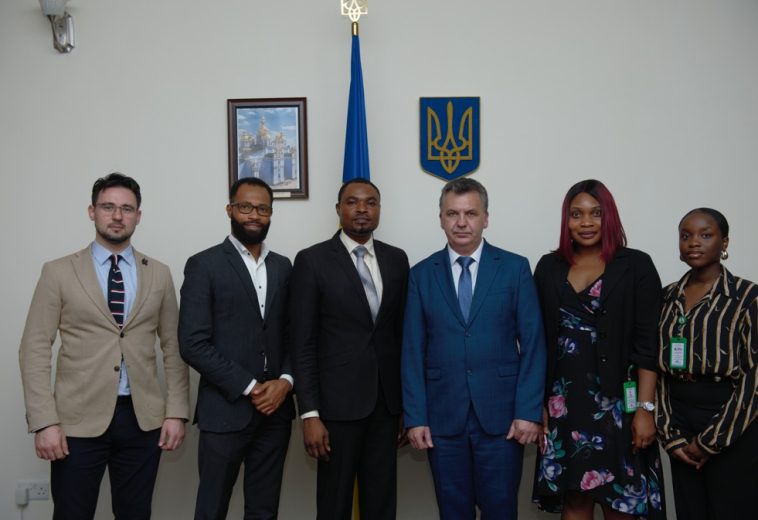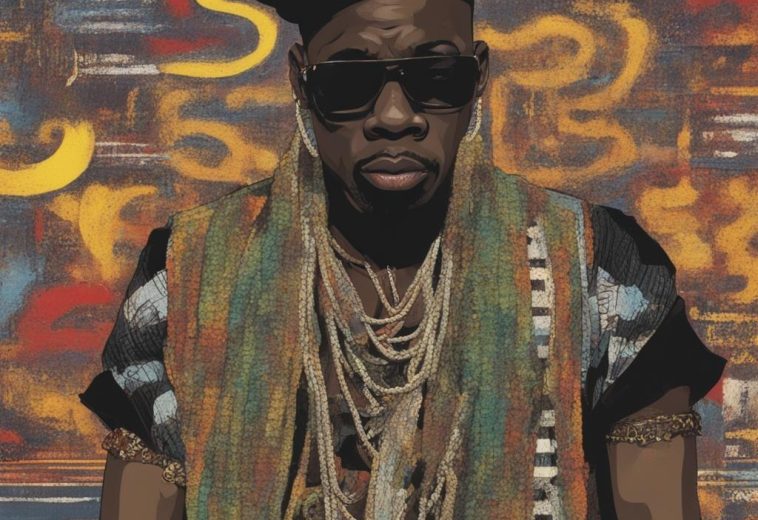In an era in which other nations have realised the indestructible value of Africans on the global front, the glaring presence of neo-colonialism has become more evident. Kenyan President William Ruto has stood out among others as a visionary political leader who has adopted some radicalism on both the global and national level to end the tenure of neo-colonialism in his country and Africa as a whole. This article critically examines Kenya’s emancipation journey with the help of their current leader, President Ruto’s, strategic efforts and initiatives to limit the influences of neo-colonialism and make Kenya a more independent and self-reliant country.
Neo-Colonialism and its Impact on Kenya
Although African nations seem to have attained independence from colonial masters, this independence continues to be questionable as the superpowers continually devise new and strategic ways for African countries to remain dependent on them, specifically through economic imperialism and conditional aid, to indirectly control and meddle in the internal affairs of developing nations.
President Ruto inherited a faltering economy due to external influences like COVID-19, growing inflation, and high interest rates. These difficulties have caused the government’s revenue to be consumed by a 50% debt. The nation battles with development challenges such as poverty, inequality, youth unemployment, climate change, and insufficient private sector investment, among others.
During President Ruto’s administration, inflation has remained high and has exceeded 9%, especially for fuel and non-food products. Global forces have raised living expenses and consumer prices, leading to higher taxes and undercutting the president’s initiatives. In response, the Central Bank increased borrowing rates from 7.5 percent in August 2022 to 8.75 percent in February 2033.
RUTO’S EFFORTS TO COUNTER NEO-COLONIAL INFLUENCES IN KENYA:
President William Ruto had promised a bottom-up economic transformation” during his tenure in office and is taking several actions in line with his pledges of economic transformation.
ACTIONS AND POLICIES TO PROMOTE NATIONAL SOVEREIGNTY ON THE INTERNATIONAL FRONT
Strengthening the East African Community
Ruto aims at strengthening the East African Community as he makes Kenya a significant player in this journey; hence, within his first 100 days in office, Ruto launched an ambitious campaign that covered seven nations, giving him a swift and impactful start as president. He made a thorough regional circuit by visiting Ethiopia, Uganda, Tanzania, Egypt, the DRC, South Sudan, and Eritrea. Throughout these trips, he underlined the value of fostering partnerships in the areas of trade, peace, and security.
Promoting Local Currency for Intracontinental Trade
William Ruto has urged African countries to trade throughout the continent using local currencies rather than the US dollar. In a speech to the Djiboutian parliament, he stressed this and the need to lessen the reliance on the US currency in trade between Djibouti and Kenya.
Trade between Djibouti and Kenya requires the purchase of US dollars. In order to encourage ease of doing business, President Ruto supported the Pan-African payment and settlement system, which is led by Afreximbank. He made it clear that the objective is to improve intracontinental trade efficiency rather than to oppose the US dollar. For deals with Djibouti, President Ruto suggested utilising local currencies and saving US dollars for purchases from the US.
Revamping the Financial System
As part of the revamping of the financial system, Ruto advocates for reforming the World Bank and International Monetary Fund as the primary global lenders and replacing them with a body that treats all nations fairly. He argued that the proceeds of a global financial carbon tax should not go to the Bretton Woods Institutions but rather to a system in which Kenya and other African states would have an equal voice.
He also emphasises the necessity for equity in these institutions’ financial arrangements inside the Bretton Woods framework, pointing to the disproportionate financial load on African countries.
The President also suggested that a $500 billion annual credit line be established for the purpose of refinancing official debt that stems from struggling economies into new, long-term loans with a 50-year maturity and a 10- to 20-year grace period.
Address major and primary concerns.
Ruto promised to work with others to address concerns including hunger, conflict, and economic hardship. Meetings with heads of state from all over the Horn of Africa were among his engagements, showing his dedication to developing collaboration and solving shared issues.
He supports the Bridgetown Initiative, an effort to address climate justice and create a loss-and-damage fund for countries that are vulnerable to the effects of climate change. In Ruto’s opinion, IMFIMFd World Bank climate change efforts fall short.
NATIONAL INITIATIVES AIMED AT BOOSTING ECONOMIC GROWTH:
Supporting Micro, Small, and Medium-Sized Enterprises (MSMEs)
The Hustlers’ Africa is a key component of Ruto’s plan for economic change. It is a financial inclusion fund that offers business owners affordable finance in an effort to spur economic growth and jobs. Ruto has committed KES 50 billion per year to the Hustlers Fund project, and loans are being disbursed to MSMEs operating in the informal sector. Of Kenya’s 18 million workers, 15 million work in the informal sector, accounting for 85% of total employment. To support small enterprises, the new effort has so far increased credit access for 6 million Kenyans in the informal sector.
Youth and women’s employment
The chances for women and young people in Kenya have increased because of Ruto’s initiatives. The NationalNationalervice intake increased to 20,000 people annually, giving young people more opportunities. Also, Ruto revived the Women Enterprise Fund, a government initiative that provides finance at reasonable rates and business assistance to female entrepreneurs. Ruto made a notable effort to empower and elevate women in the business sector by tripling the fund’s size from Ksh 4.5 billion to Ksh 13.5 billion.
Agriculture
Ruto’s administration is actively pursuing food security. To increase food production in Kenya, the Ruto administration has taken proactive measures. These actions include providing funding for inputs and giving struggling farmers agricultural extension assistance. Food inflation was significantly reduced as a result of this strategy, falling from 15.3 percent in September 2022 to 13.3 percent by February 2023. The administration has given over five million registered farmers nationwide access to subsidised fertiliser as a means of addressing the issues created by the drought. The administration has started new dam construction projects in response to drought concerns and to ensure a sufficient supply of water for agricultural requirements, since it recognises the significance of water for agriculture.
Housing
He also remained loyal to his word about the housing and settlement plan by starting a number of initiatives that provide inexpensive and affordable housing across the nation, with the aim of building 250,000 homes annually for low-income individuals. Mukuru, Rongai, Homabay, Ruiru, Kibera, Shauri Moyo, and Starehe are among the areas where he has started housing projects.
International Partnerships and Trade Agreements
Kenya aims to strengthen diplomatic ties and project mutual benefits while avoiding undue foreign influence. Agreements that will boost trade in goods and create new economic opportunities, with targeted cooperation to enhance Kenya’s economic development.
Kenya and the European Union (EU)
Kenya and the European Union (EU) have signed a trade agreement, which represents progress for the EU’s economic engagement in Africa. The signing of the EU-Kenya Economic Partnership Agreement was overseen by Kenyan President William Ruto in Nairobi. Kenya’s largest export market, the EU, will now be accessible to it without any duties or quotas. Tariffs on imports into Kenya from the EU, such as machinery and chemicals, will be gradually decreased over a 25-year period, with some commodities being exempted. The deal brings an end to a decade-long trade discussion between the EU and the East African Community (EAC).
William Ruto has proven to be a strong leader who appears to be advancing his goals for greater African unity with Kenya as a significant regional player. As his policies and actions promote the East African Community as a strong regional bloc capable of solving its internal issues without depending on the West or any other outside powers, Ruto’s initiatives have been radical and drastic for a continent that has traditionally depended on the West for the resolution of its issues. However, these initiatives will pave the way for Africa’s self-sufficiency and progress.


